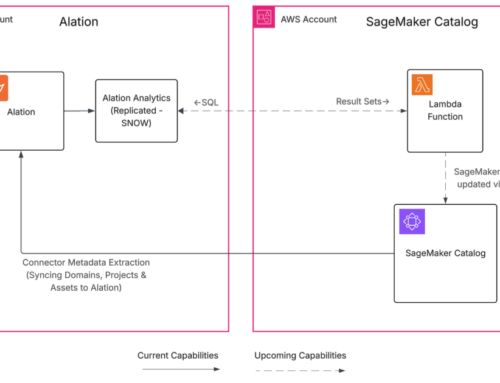Long-term investing with your tax refund
April 1, 2025
LAFAYETTE, La. — We are just a couple of weeks out from that April 15 tax filing deadline, and you may have already filed — or maybe you’re pushing it off as long as possible.
If that’s you, according to the Internal Revenue Service, you’re not alone.
IRS officials expect tax revenue to drop by more than 10 percent by April 15, noting their prediction is directly linked to shifting taxpayer behavior and President Trump’s cuts at the agency.
According to the latest IRS data, nearly 80 million tax returns have been received, with nearly just as many processed. As for refund amounts, they average out to be 4.6 percent higher than compared to last year’s — $3,221 in 2025 versus $3,081 in 2024.
However, there’s the concern many filers face when it comes to owing money, or the fallacy that getting a larger refund is idea, when in reality, as we learned last week, experts call it the result of an “interest-free loan to the government.”
Either way, the question remains — what should you do with that refund check if you get one? You could pay for your groceries or put a down payment on a car, but as it turns out, there’s a lot more that can be done with your refund check than you might think.
We spoke with licensed fiduciary Randy Hux, who is based in Lafayette about long-term investment opportunities. He suggests that no matter how big or small your refund is, you consider investing it into a high-yield savings account, ROTH IRA, mutual fund, or Exchange Traded Fund (ETF).
“If you’re older like me, I’m 62 years old, it’s a different game, but it’s never too early or too late to start saving,” he told us. “And I say to people all the time, $100, $200 a month, if you can do that, you’ll be worth a million bucks when you’re 50 years old. What’s that million going to be worth? I don’t know — $500,000 — but it’s still a lot of money.”
Hux suggested taking advantage of online investing platforms like the Acorns app, which he says are easy to navigate and help with these kinds of goals, noting that every little bit helps.
“It’s smart to look at what your current situation is, have a plan, have a budget,” Hux says. “Make sure that whenever you apply that area toward whatever area that you personally need, you’re also thinking long-term, thinking how can I establish a financial plan for myself?”
For more tax filing tips and tricks, click here.
Search
RECENT PRESS RELEASES
Related Post



